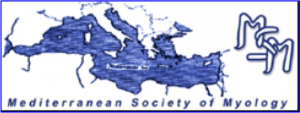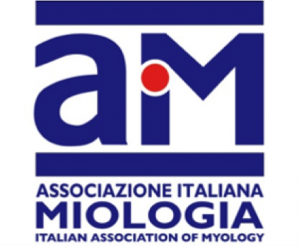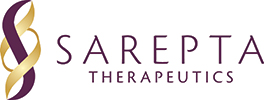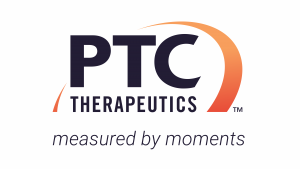Inherited muscular dystrophies and congenital myopathies present in early childhood with progressive muscle weakness, determining severe motor limitations. Active surveillance and management of associated complications have improved ambulation, function, quality of life and life expectancy.
The need for repeatable, objective and quantitative measures to monitor the clinical course of the disease is a current issue, particularly in the new era where new flows of therapies are proposed to the patients.
In this scenario, we designed and tested a wearable device termed AUTOMA that is able to provide quantification of the muscular impairment in the upper limb upon isokinetic tests through the integration of a force sensor and an electric goniometer. This allows qualitatively estimating the muscular functions with a systematic procedure. We carried out a preliminary pilot study on 9 patients that revealed the suitability of AUTOMA as an objective measurement tool for diagnosing and monitoring neuromuscular disorders, and opens to a more extensive clinical study in which to test and validate our platform intensively.






